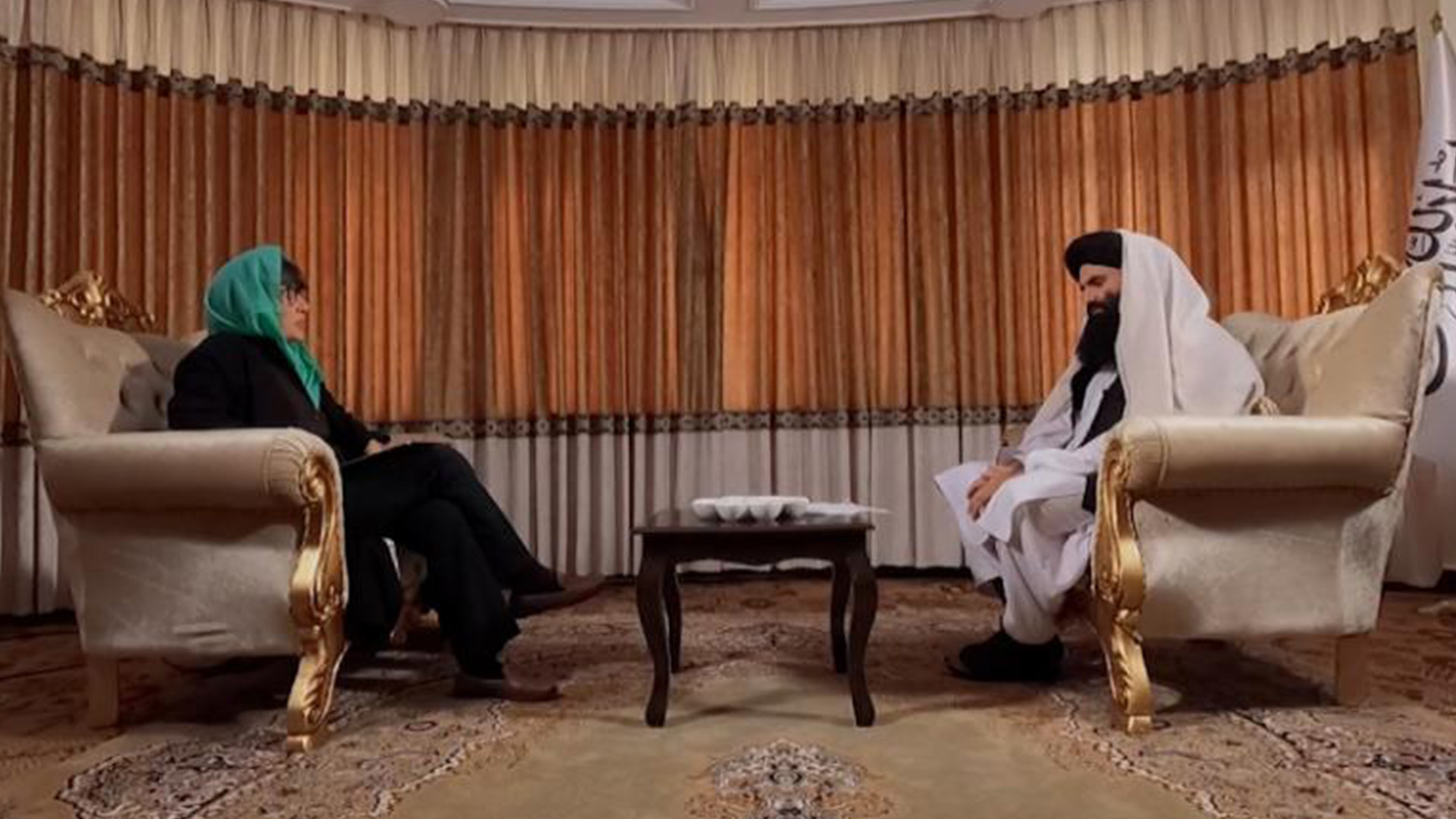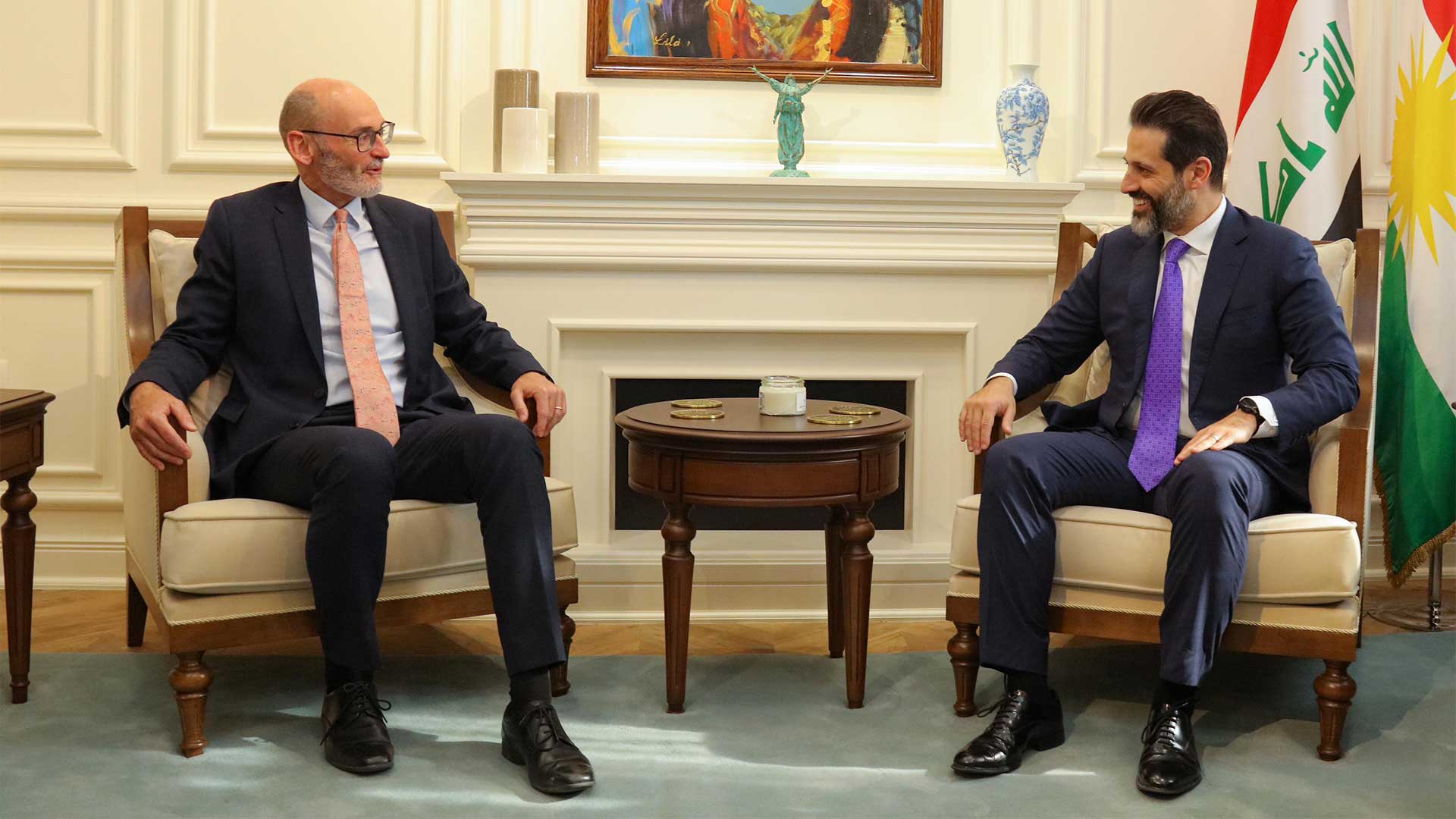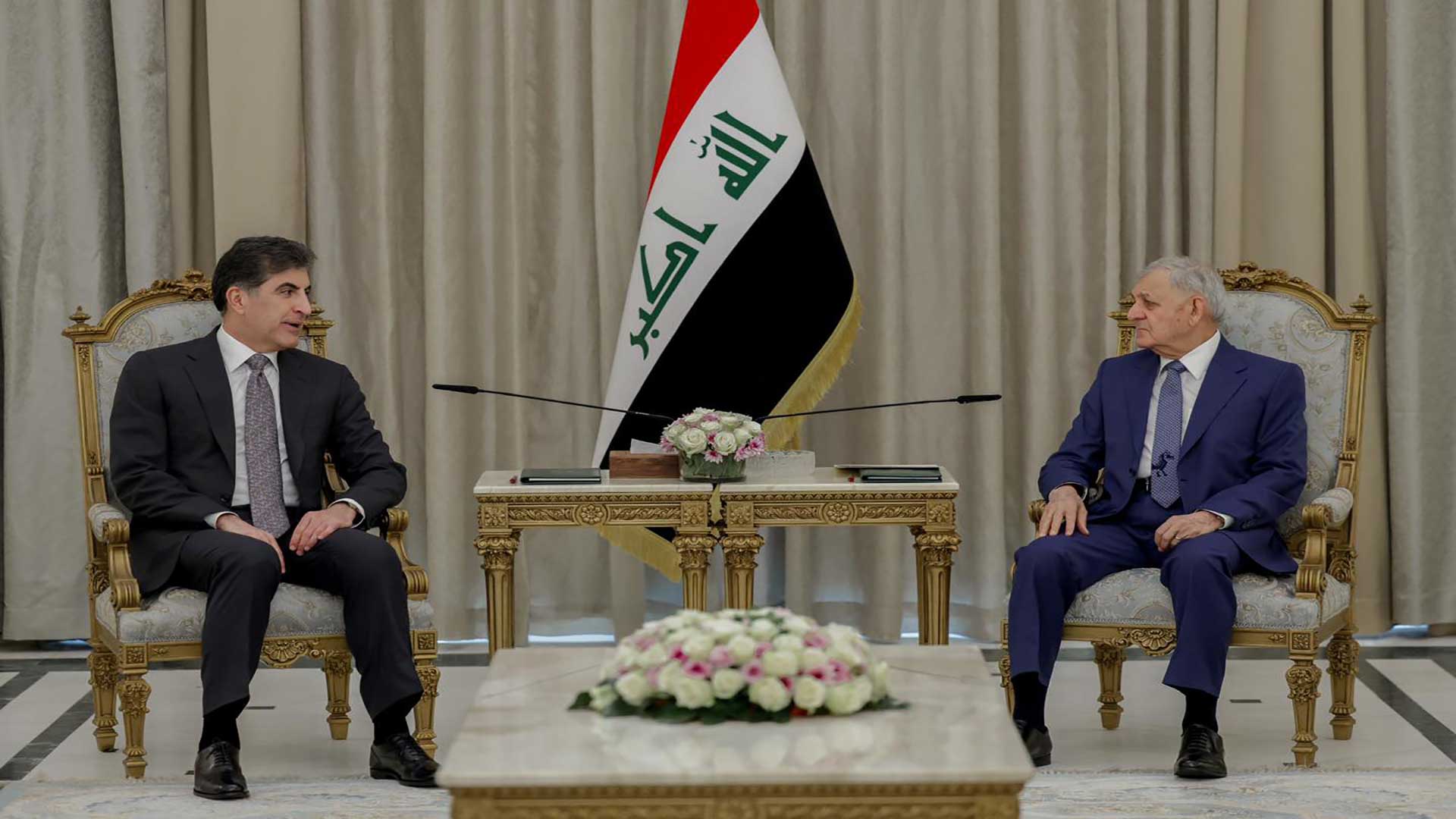Top Taliban leader makes more promises on women's rights but quips 'naughty women' should stay home
Women 02:10 PM - 2022-05-19
Photo Credit: CNN
A senior Taliban official has repeated the group's as-yet-unfulfilled pledge to allow girls back into high school, saying there would be "good news soon," but suggested that women who protested the regime's restrictions on women rights should stay home.
Sirajuddin Haqqani, Afghanistan's acting interior minister and the Taliban's co-deputy leader since 2016, made the comments in an exclusive, first on-camera interview showing his face with CNN's Christiane Amanpour in Kabul.
In March after many promises that girls would be able to attend secondary school, the Taliban reversed their decision, postponing the return indefinitely.
When asked about Afghan women who say they are afraid to leave their homes under Taliban rule, and those who have reported a chilling effect of the militant group's leadership, Haqqani added with a laugh: "We keep naughty women at home."
After being pressed to clarify his comment by Amanpour, he said: "By saying naughty women, it was a joke referring to those naughty women who are controlled by some other sides to bring the current government into question."
Haqqani also set out some parameters for the future of women and work, which will be limited by the Taliban's interpretation of Islamic law and "national, cultural and traditional principles."
"They are allowed to work within their own framework," he told Amanpour.
The Taliban minister was speaking in his first on-camera interview with a Western media outlet in years, just months after showing his face in public for the first time. The high-ranking and intensely secretive official is wanted by the FBI and has been classified by the US State Department as a "specially designated global terrorist." He has a $10 million bounty on his head.
His comments on girls' education and the rights of women punctuated a series of claims that "there is no one opposed to (girls') education" in the Afghan government.
"Already girls are allowed to go to school up to grade 6, and above that grade, the work is continuing on a mechanism," Haqqani said. "Very soon, you will hear very good news about this issue, God willing," he added, without specifying a timeframe.
Afterwards, Haqqani's aides said the interview was an effort to open a new chapter in relations with the US and the world.
But the Taliban have repeatedly made assurances to the international community that it will protect the rights of women and girls since seizing Afghanistan last August, while simultaneously stripping away many of their freedoms and protections.
Many school-age girls and women have already lost hope. "Their entire government [is] against girls' education," 19-year-old Maryam told CNN on Tuesday. "I don't believe that the Taliban fulfil their promises ... they don't understand our feelings."
"Step by step they are taking all our freedoms," added Fatima, 17. "The Taliban now and the Taliban of the 90s are the same — I don't see any change on their policy and rules.
"Our only hope is the international community brings extreme pressure on the Taliban to allow girls to go to school. Nothing else [will] work."
Maryam and Fatima, like the other women CNN spoke to, did not provide their last names due to concerns about their security.
Haqqani's comments will likely do little to encourage observers that the Taliban are serious about their commitments. "Everyone from the Taliban leadership has zero credibility on this issue," Heather Barr, associate director of the Women's Rights Division at international watchdog Human Rights Watch, told CNN.
"They have made representations about their supposed respect for women and girls," since taking power, Barr added. "Every day after that there was a new crackdown on women, and that's continued to intensify over time."
The G7 foreign ministers and the High Representative of the European Union last week expressed their "strongest opposition" against the growing restrictions imposed by the Taliban on women's and girls' rights. Haqqani told CNN the international community's "judgements, research, and decision making are all one-sided," adding: "We are still at the preliminary phase. It has barely been eight months since we took over the government ... we are yet to bring the situation back to normal."
After taking power, the Taliban have warned women to stay home and their fighters have used whips and sticks against those protesting. In the subsequent months, they have been banned from large swathes of public life -- from appearing on television to taking long road trips alone. A new decree earlier this month said women must cover their faces in public.
When pressed by Amanpour on whether all women have to cover their faces, Haqqani responded: "We are not forcing women to wear [the] hijab, but we are advising them and preaching to them from time to time ... [the] hijab is not compulsory but it is an Islamic order that everyone should implement."
On the streets of Kabul, the growing isolation of women from society has left many in economic peril. "I have to work," a woman named Khotima told CNN. "They should let us work because we have to become the men of the family so we can find bread for the children."
"When you don't have money, when you don't have [a] job, you don't have income, would you be able to eat proper food when there is no work?" added another woman named Farishta.
PUKmedia / CNN
More news
-
Four Kurdish Factions Reject the Postponement of Kurdistan Parliamentary Elections
07:28 PM - 2024-04-30 -
UAE Classifies Khor Mor Attack as Terrorism, International Violation
07:49 PM - 2024-04-27 -
Officials Call for Urgent Investigation Into Khor Mor Gas Field Attack
10:31 PM - 2024-04-26 -
Another International Report Mentions Kurdistan's Limited Freedom
09:24 PM - 2024-04-25
see more
Legal Battle Fought to Return Kirkukis' Properties
11:39 AM - 2024-04-30
Dana Gas Temporarily Halts Operations at Khor Mor
11:46 AM - 2024-04-29
Leadership Source: PUK is Not in Favor of Delaying Elections
09:50 PM - 2024-04-28
Iraqi President Stresses Constitutional Resolution of Outstanding Issues
11:36 AM - 2024-04-28
Most read
-
DPM Talabani: We reject any attempt to further delay the elections
Kurdistan 06:47 PM - 2024-04-30 -
Legal Battle Fought to Return Kirkukis' Properties
Kurdistan 11:39 AM - 2024-04-30 -
Four Kurdish Factions Reject the Postponement of Kurdistan Parliamentary Elections
Kurdistan 07:28 PM - 2024-04-30






 Application
Application


